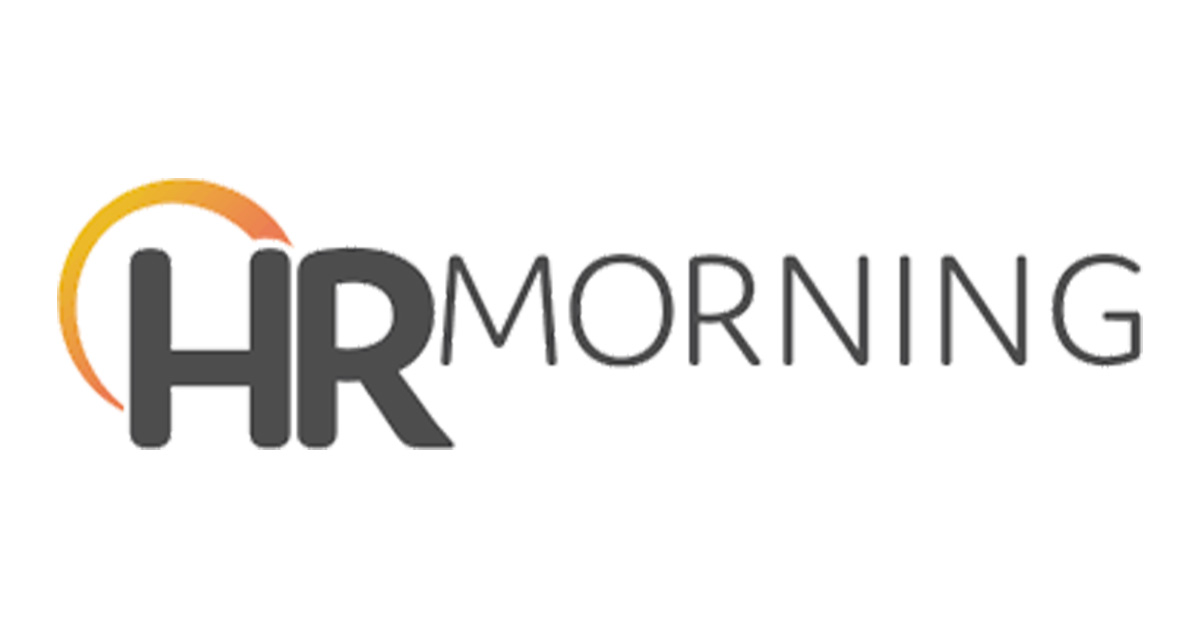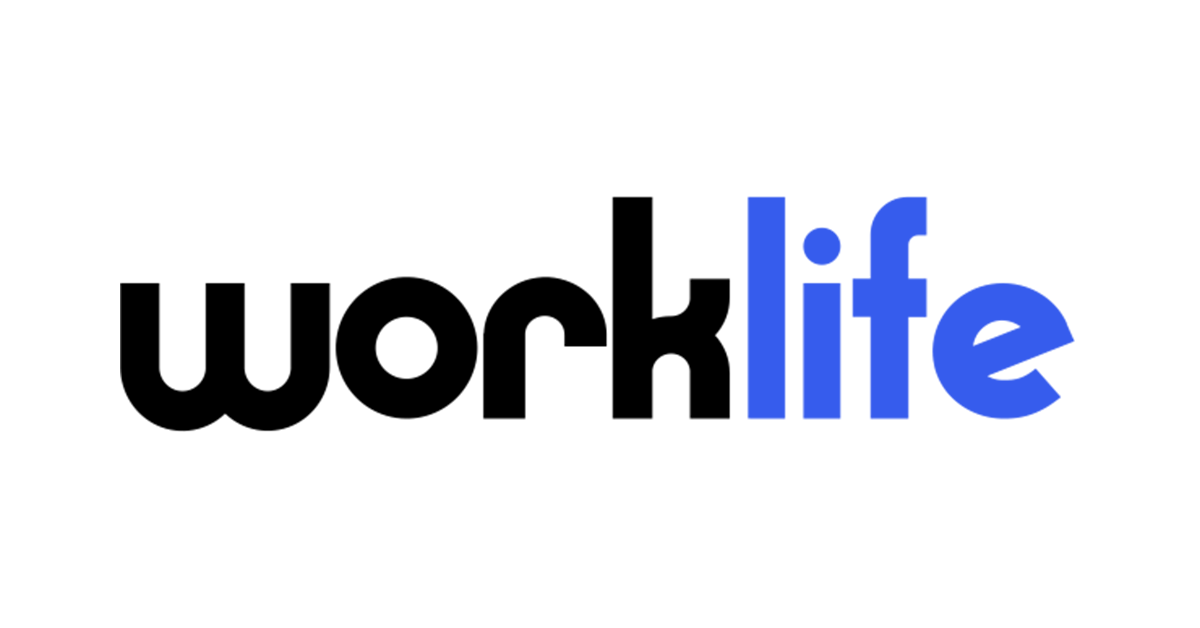COVID-19 Violations Drive the Biggest Spike in Issues, though Politics and Social Movements Continue to Impact Workplaces
FLORHAM PARK, N.J.–(BUSINESS WIRE)–HR Acuity, the only human resources SaaS solution for Employee Relations (ER) case management and investigations, today released findings of its Sixth Annual Employee Relations Benchmark Study, focused on the latest employee relations trends and practices. Participants included employee relations leaders from 155 U.S.-based organizations representing more than five million employees globally.
“Organizations must recommit to fundamental processes to improve employee relations here and now. How a company handles each and every employee issue impacts everything from compliance and the bottom line to the ability to attract and retain great talent.”
The study reveals that, relative to pre-pandemic levels, organizations have regressed or stalled in their use of required processes for conducting employee investigations and sharing investigation outcomes with employees. This erodes trust and exposes organizations to legal risks and reputation and brand damage. Coupled with the unprecedented workplace disruption resulting from COVID-19, lack of consistent processes and transparency create environments ripe for The Great Resignation.
“The pandemic derailed the employee relations priorities of companies as they worked to manage the ever-changing workplace. Essential employee relations practices that instill trust in leadership, develop positive company culture and ensure equitability were compromised in the process,” said Deb Muller, founder and CEO, HR Acuity. “Organizations must recommit to fundamental processes to improve employee relations here and now. How a company handles each and every employee issue impacts everything from compliance and the bottom line to the ability to attract and retain great talent.”
Fewer than Half of Organizations Handle Employee Misconduct Using Structured Process, and One in Five Shares Outcomes with Employees
Critical processes for managing employee issues took a turn for the worse. Less than half (43%) of respondents reported using structured processes for conducting investigations in 2021. Prior to the pandemic, 59% of organizations were using required processes. Transparency, also sharply on the rise prior to COVID-19 and post-#MeToo, dropped significantly in 2020 (down 13 points) and remained low in 2021. Only 16% of organizations now share aggregated, anonymous investigation or employee relations data with employees, eroding employee trust and likely contributing to turnover and The Great Resignation.
Exacerbating the situation, only one-quarter (28%) of respondents indicated they train their investigators annually. Two-thirds of organizations (65%) train investigators less than every two years, on an as-needed basis or have no formal training. Overall, companies have also stalled on allocating additional employee relations resources despite a broadening scope of responsibilities since 2019. ER staffing remained flat in 2021 and the majority of organizations (59%) do not expect that to change this year.
COVID-19 Drives the Biggest Spike in Employee Issues, While the Influence of Political and Social Movements Declined
The majority of respondents attributed increases in case volumes in 2021 to COVID-19 (85%). Half of respondents cited the political environment (49%) and social movements such as Black Lives Matter (48%) as contributors to increased caseloads, though significantly less influential than in 2020 (73% and 77%, respectively). This year’s data is also in line with the uptick in union organizing efforts by American workers, as more than one quarter (26%) of employee relations teams reported that they now handle union avoidance activities, a 10-point increase over 2020.
Additionally, the increasing importance of ESG (Environmental, Social, & Governance) efforts can be seen in increased business expectations and awareness of business regulations, which in turn drives caseloads.
Majority of Organizations Still Have Not Adopted a Case Management System to Manage Employee Issues
The data reveals that fewer than half of respondents (47%) use a case management system to store documentation related to employee relations and investigations. These organizations use methods that prevent consistency, lack security and make it difficult to leverage data analytics for insights that drive business decisions.
“While there are many consistencies in this year’s data, there are also warning signals for employee relations,” continued Muller. “The workplace has changed dramatically since 2019. As employees re-evaluate their priorities, they seek opportunities with organizations that align with their values. Now more than ever, organizations must adapt and implement processes and practices to support employees and create environments where they can thrive.”
To access a copy of HR Acuity’s Sixth Annual Employee Benchmark study, please visit https://info.hracuity.com/employee-relations-benchmark-study/
You can also register for HR Acuity’s upcoming Webinar to dive deeper into insights supported by this year’s Benchmark Study shared by CEO Deb Muller and Joe Radwich, VP for Isurus Market Research. Registration is available at https://www.hracuity.com/webinar/6thbenchmarkstudy
Survey Methodology
HR Acuity, in partnership with Isurus Market Research, fielded an online survey via email and social media targeted at employee relations professionals at enterprise organizations based in the United States with at least 1,000 employees. Participants included employee relations leaders from 155 organizations, representing 5.3 million employees globally. The data collected describe employee relations practices from the calendar year 2021. The research was conducted between February 15 and March 23, 2022, and has a confidence level of +/- 8.2 percentage points. The report discusses yearly changes in the results only for statistically significant differences.
About the HR Acuity Employee Relations Benchmark Study
Introduced in 2016, the Employee Relations Benchmark Study is the only source for information from employee relations leaders at organizations. The Benchmark Study has become a go-to resource for employee relations professionals to help guide decisions about resources and processes to improve the employee experience and drive better business outcomes.
About HR Acuity
While you can’t prevent every employee relations issue, you can change how you respond. HR Acuity is the only technology platform specifically built for employee relations and investigations management. HR Acuity’s SaaS technology empowers you with built in intelligence, templates and reporting so you can conduct fair investigations according to best practices; uncover trends and patterns through forward-looking data and analytics; and provide trusted, consistent experiences for your people.
Contacts
Shannon Smith
mPR, Inc. for HR Acuity
shannon@mpublicrelations.com



